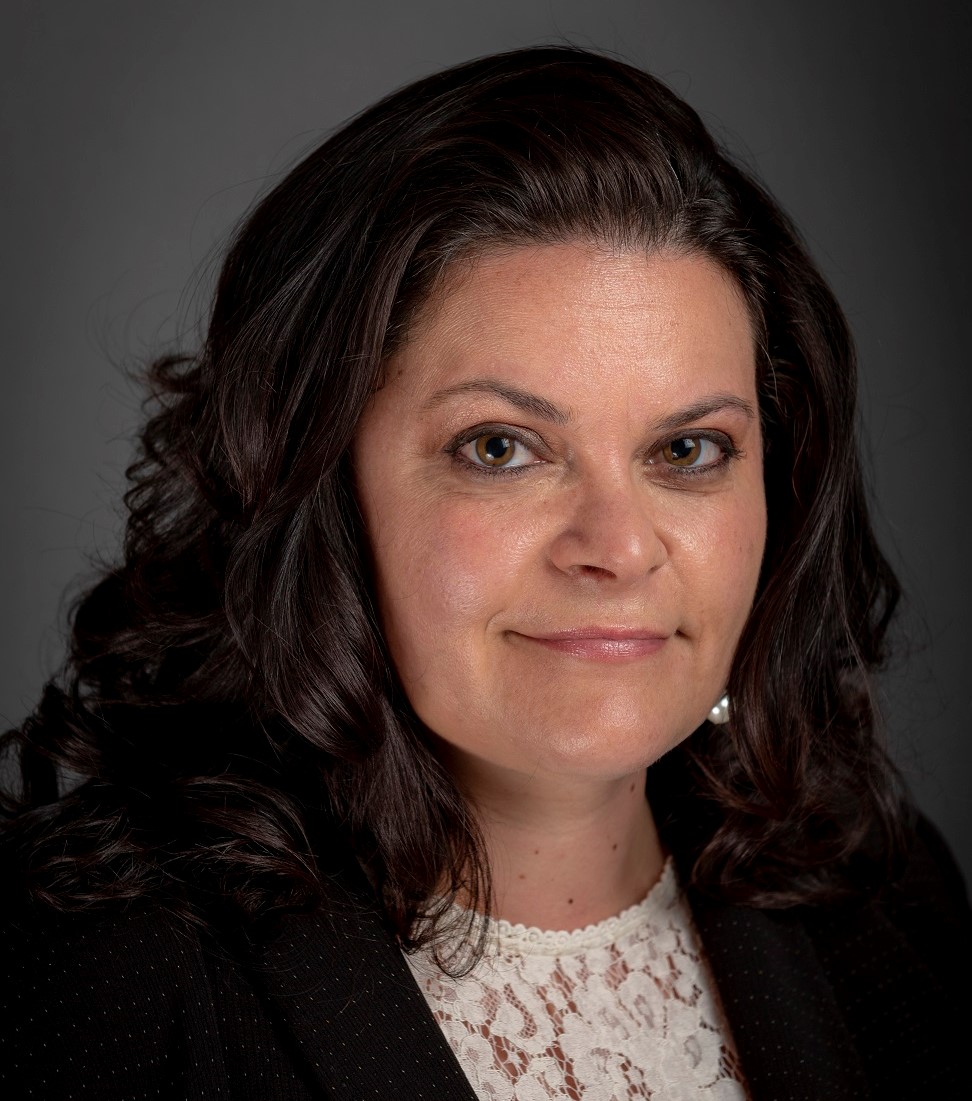
In May 2021, DePaul law alumna Kari Kammel (JD '08), assistant director of education and outreach at the Michigan State University Center for Anti-Counterfeiting and Product Protection, testified before the U.S. House Judiciary Committee's Subcommittee on Courts, Intellectual Property and the Internet on the
SHOP SAFE Act of 2021 in her first appearance before the Committee. Professor of Law Roberta Kwall remembers Kammel's passion and dedication as a student, saying “It is wonderful to see her achieve this level of recognition. We are very proud of her!"
Kammel has dedicated her career to studying the global problem of trademark counterfeiting. She has written extensively on the large number of counterfeited brands and products, and the high percentage of people who accidentally buy counterfeit goods. The dangers to consumers extend beyond merely purchasing substandard products or knockoffs. Cheap materials and poor production can cause injuries, and her research has shown that many counterfeit sellers also fund other crimes, such as organized crime and terrorism. Because of the nature of the Internet, locating these sellers is difficult, if not impossible.
This difficulty is exacerbated by an outdated legal framework, which fits brick-and-mortar stores not the current reality of on-line sales. Currently, only direct sellers can face liability for selling counterfeit goods but not third-party sellers/re-sellers, which account for many online marketplace sellers. It is a serious issue that both brand owners and consumers have contended with for a very long time.
The SHOP SAFE Act looks to remedy the situation by introducing proactive requirements that would compel online platforms to vet sellers by requiring proof of identification and to screen the products in advance. Kammel sees this bill as “a huge step forward in balancing the responsibilities and liabilities for the sale of online counterfeit goods. It establishes a middle ground for brand owners and sellers."
Despite the positive changes, Kammel recognizes that there are still areas for improvement. She remains concerned about the vagueness of the bill, such as its application to goods that “implicate health or safety." One reading could limit the bill's purview to only health and safety products, though any product can have a negative impact on one's health and safety. Nevertheless, she hopes that the bill passes and “disrupts the system even a little bit."
The bill has already been introduced to the Senate and is slated for additional comments from industry groups and others. You can watch Kammel's testimony
here.